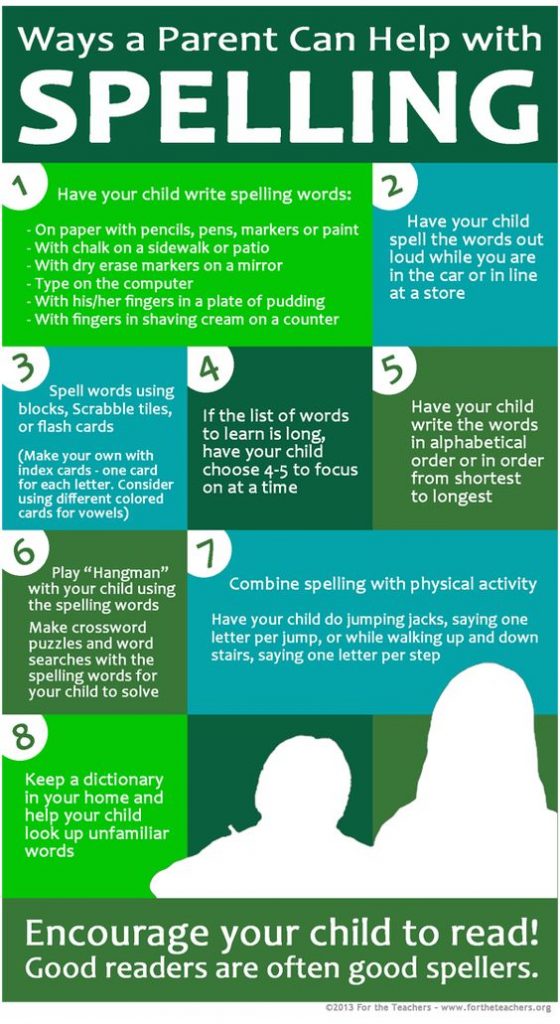Sleepovers are a rite of passage, but they also cause anxiety for parents and their children. When it comes to sending your precious child to stay overnight with someone else, it takes courage. For your child to comfortably sleep at home that is not his or her own, it also takes bravery. But, once your child is prepared, sleepovers can be fun-filled evenings where lifelong memories are made.
When it comes to knowing if your child is ready, there is no set age. The WebMD experts explain, “There are no hard and fast rules about age […]. Although some 5-year-olds might be ready to sleep away from home, some 10-year-olds might not be. So, it’s important for parents to assess each event individually.” To help you prepare your child for the event, follow these ten steps.
- Talk about it.
Make sure your child is comfortable with the idea of sleeping over at someone else’s home by talking about it in detail. Do not assume that your child wants to attend a sleepover. If your child has fears about it, allow him/her to ask questions and do your best to answer honestly.
- Have a trial run.
Many families have a trial run at a family member’s home before they send their child to someone else’s house. If you have a family member your child trusts, consider allowing your child to sleep over at this family member’s home first.
- Host at your home first.
Another way to prepare your child is to play host. If your child sees what a sleepover is like in her own home, she will have a better understanding of what to expect at someone else’s house.
- Try a late-night test.
Before your child spends the night with a friend, try a late-night test. For example, allow your child to stay at a friend’s house later in the evening than normal and pick him/her up after the usual bedtime.
- Question the host.
The best way to prepare your child and yourself are to ask the host questions. Find out what the plans are for the evening and any other details that will help your child know what to expect.
- Prepare the host.
During the conversation with the host, you should also inform the host of any things your child does that may be unexpected such as sleepwalking or bedwetting. This talk will help prevent any embarrassing situations.
- Roleplay various situations.
With your child, roleplay various situations that may occur at a sleepover. For example, have your child role play what he will do if he is scared or uncomfortable.
- Shop for supplies.
Your child will be more excited to attend a sleepover if she has sleepover supplies. Purchasing a sleeping bag can help your child feel prepared.
- Pack everything your child needs.
While sleepovers are a test of independence, you do not want to allow your child to pack his sleepover bag. Instead, you should pack all the essentials, so your child will be sure to have everything she needs.
- Keep your phone nearby.
As you send your child off, make sure she knows you have your phone nearby and will answer anytime she calls.
A sleepover is a fun way for children to become more independent, and an excellent way for parents to get a full night’s sleep.


